Sudan in a week: Ayin News Bulletin #7
4 November 2025
To keep our readers informed of the multitude of events taking place in Sudan amidst the ongoing, devastating war, we have developed a series of weekly news briefs, covering nine major topics of the week.
In this week’s edition:
-
RSF mobilising to attack Babnusa and besiege El Obeid
-
Army forces trapped after withdrawal from El Fasher
-
Crisis in Port Sudan After expulsion of UN Food-Aid staff
-
Powerful firms resist Central Bank’s Gold-export monopoly
-
Diplomats say army chief faces pressure to reject U.S.-brokered truce
-
Confirmed famine in El Fasher and Kadugli amid mass displacement
-
ICC launches immediate investigation into atrocities in El Fasher
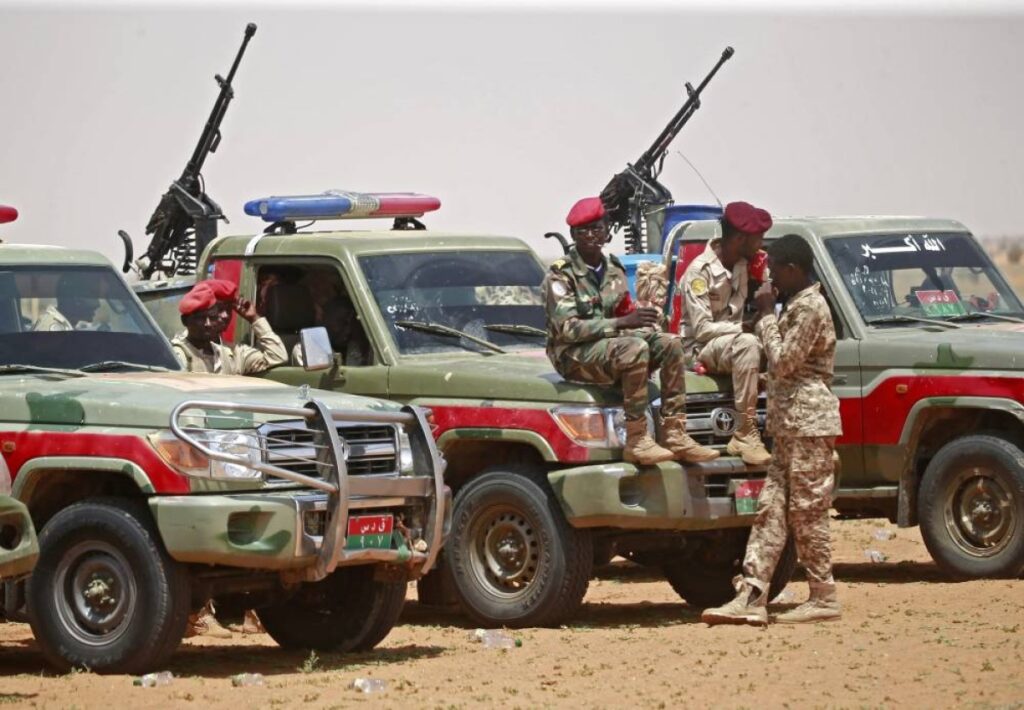 1. RSF mobilising to attack Babnusa and besiege El Obeid
1. RSF mobilising to attack Babnusa and besiege El Obeid
The Rapid Support Forces (RSF) have begun mobilising fighters in West Kordofan State to launch an assault on the army’s 22nd Infantry Division in Babnusa, field sources told Ayin. Local leaders are mediating between both sides to avert renewed fighting in the long-battered town.
Military convoys from eastern, central, and southern Darfur reportedly arrived in West Kordofan this week, signalling preparations for new operations. Native administration figures in Darfur are said to be encouraging tribal youth to join RSF units advancing toward Kordofan—an apparent response to recruitment drives in army-held areas led by Islamist factions.
In January 2024, Babnusa witnessed fierce battles as the RSF attempted to seize the garrison but faced resistance. The city remains largely deserted, with the army confined to its division headquarters and relying on airdropped supplies, while the RSF maintains a surrounding presence.
Community leaders are urging both forces to negotiate a withdrawal to avoid more bloodshed, stressing that many combatants on both sides come from the same local tribes. The army now controls only two positions in West Kordofan—its base in Babnusa and the 90th Brigade in Heglig, home to Sudan’s main oilfields.
Meanwhile, RSF units have tightened their siege of El Obeid in North Kordofan from three directions after taking Bara and Jabal Wad Hashaba, leaving only one open road eastward toward the White Nile. Residents report mass displacement and increasing fear as artillery and drone strikes intensify around the city.
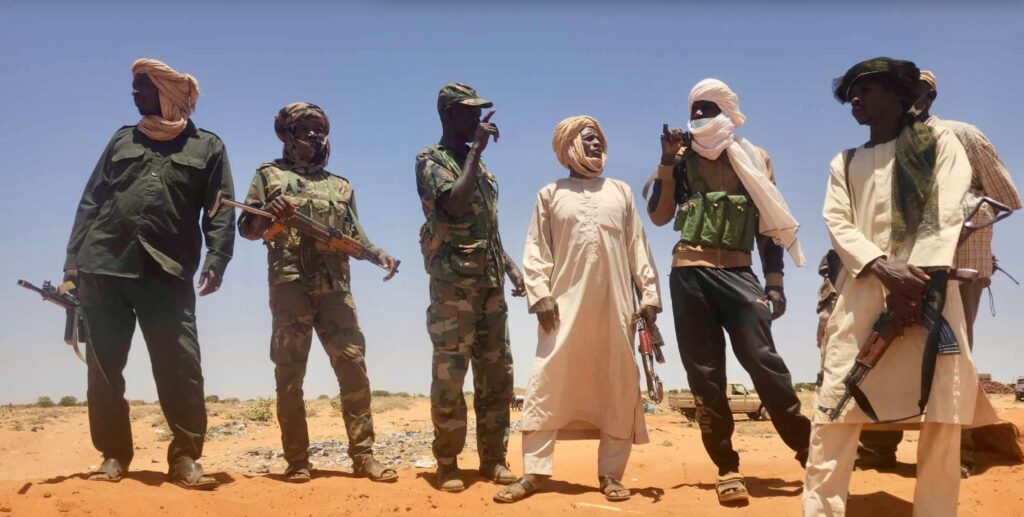 2. Army forces trapped after withdrawal from El Fasher
2. Army forces trapped after withdrawal from El Fasher
Most army and joint-force troops that withdrew from El Fasher remain besieged in the Wana Mountains, about 30 km northwest of the city, military and local sources told Ayin. Only 19 vehicles carrying senior officers and families reached Karnoi near Sudan’s border with Chad.
The army reportedly split into three groups during its retreat: one to clear the route, another transporting leadership, and a third covering the rear under heavy fire. Two groups remain entrenched in the Wana Mountains with limited escape routes and dwindling supplies.
Local sources said the only viable path to safety runs through eastern Kutum, an area teeming with RSF-aligned tribal militias. A western alternative through Korma, under control of the Sudan Liberation Movement of Abdel Wahid al-Nur, is considered nearly impassable.
The RSF captured El Fasher—the army’s last Darfur stronghold—last week. Footage from RSF fighters showed the Sixth Division headquarters abandoned, confirming a full withdrawal.
A military source said the army’s priority is securing safe passage for the trapped units rather than reopening a battlefront in Darfur, where forces loyal to the joint command remain scattered along the Chadian border.
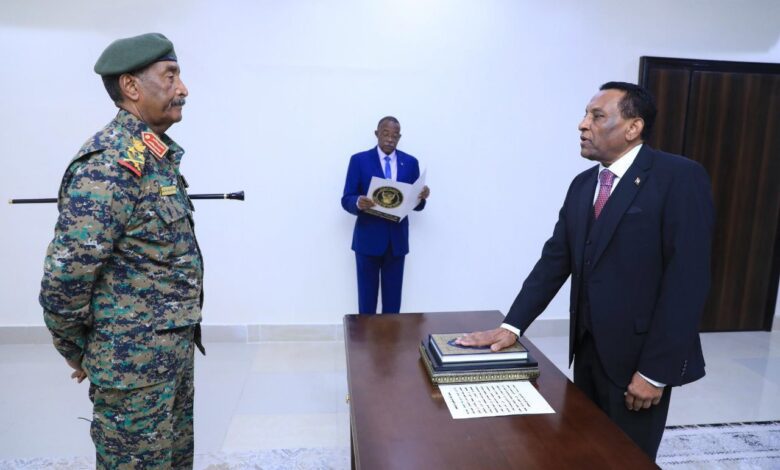 3. Crisis in Port Sudan After expulsion of UN Food-Aid staff
3. Crisis in Port Sudan After expulsion of UN Food-Aid staff
A diplomatic dispute has erupted within Sudan’s military-run government in Port Sudan after the suspension of Foreign Ministry Undersecretary Hassan al-Amin, who ordered two senior World Food Programme (WFP) officials expelled in late October.
Al-Amin declared WFP Country Director Laurent Bukera and Operations Chief Samantha Katraj persona non grata and gave them 72 hours to leave. Prime Minister Kamil Idris’s office rebuked the move and relieved him of his duties for acting without cabinet consultation, according to diplomatic sources.
The United Nations said authorities have tightened travel restrictions on humanitarian workers, limiting even intra-city movement in army-controlled areas. The overlapping directives from the Sovereignty Council, the Humanitarian Aid Commission, and the Foreign Ministry continue to paralyse aid operations.
Analysts say power struggles between military factions and remnants of the former regime have splintered decision-making across institutions. “Government bodies now act like isolated islands,” said researcher Omar Abdel Rahman, noting that security organs dominate humanitarian policy.
Roughly 350 aid workers are reportedly unable to move freely inside Sudan, worsening relief bottlenecks as war and famine deepen across Kordofan and Darfur.
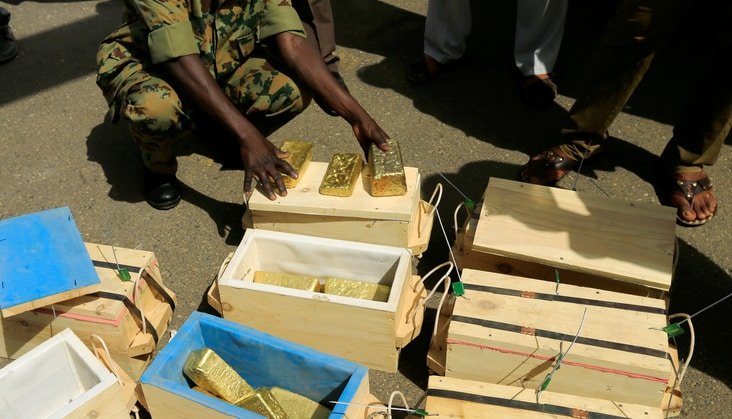 4. Powerful firms resist Central Bank’s Gold-export monopoly
4. Powerful firms resist Central Bank’s Gold-export monopoly
Powerful companies with security and military backing are obstructing a Central Bank of Sudan decision to monopolise gold exports, insiders told Ayin. The Gold Exporters Division accused these firms of manipulating about $5 billion in annual revenues.
Sudan produces an estimated 53 tons of gold each year, yet only $1 billion enters the treasury, far below the $6 billion potential if the central bank handled exports directly. Around 40 companies—many linked to security bodies—currently dominate the trade and oppose the state monopoly announced by Prime Minister Kamil Idris’s cabinet.
Disagreements over the policy prompted last month’s dismissal of Central Bank Governor Barai al-Siddiq. Economists doubt the bank can enforce its decision, citing entrenched military control over production and smuggling routes.
Researcher Mohamed Ibrahim said the gold sector reflects Sudan’s broader war economy. “Each faction finances itself through resources it controls,” he noted. Many influential firms reportedly channel gold profits into fuel imports worth $1.5 billion a year.
 5. Diplomats say army chief faces pressure to reject U.S.-brokered truce
5. Diplomats say army chief faces pressure to reject U.S.-brokered truce
The U.S. announced that Sudan’s warring sides have agreed in principle to a humanitarian ceasefire lasting three to nine months. White House Africa adviser Massad Boulos said both delegations accepted the framework during talks in Washington.
A civilian coalition called “Somoud,” led by former Prime Minister Abdalla Hamdok, called the truce a moral imperative. But diplomatic sources told Ayin that army chief Abdel Fattah al-Burhan has delayed final approval amid internal opposition from Islamist-aligned officers and joint-force commanders.
Analyst Musab Abdullah said Burhan’s allies argue the army is too weak in Kordofan and isolated from Darfur to commit to a ceasefire. Accepting the deal, they warn, would entrench RSF gains.
Observers believe Burhan’s tentative endorsement is a tactic to buy time while managing rival pressures. The U.S. is expected to formalise the truce once the military gives written consent.


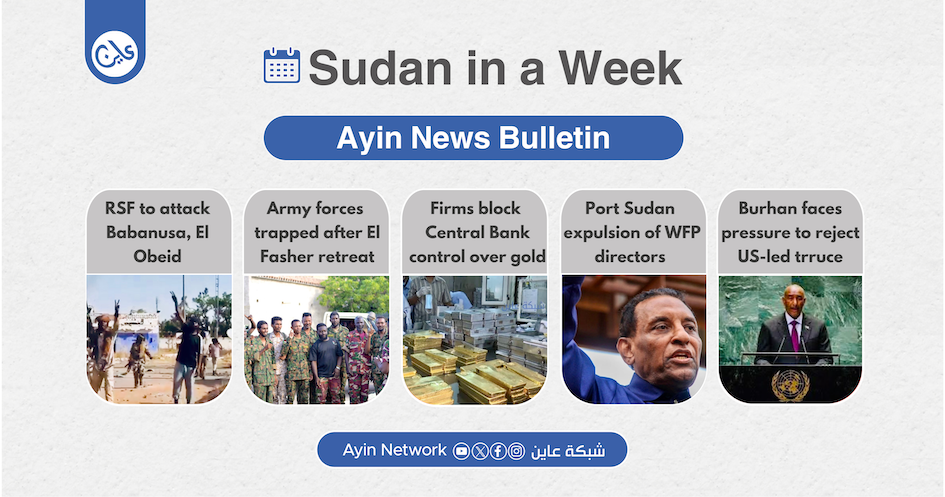
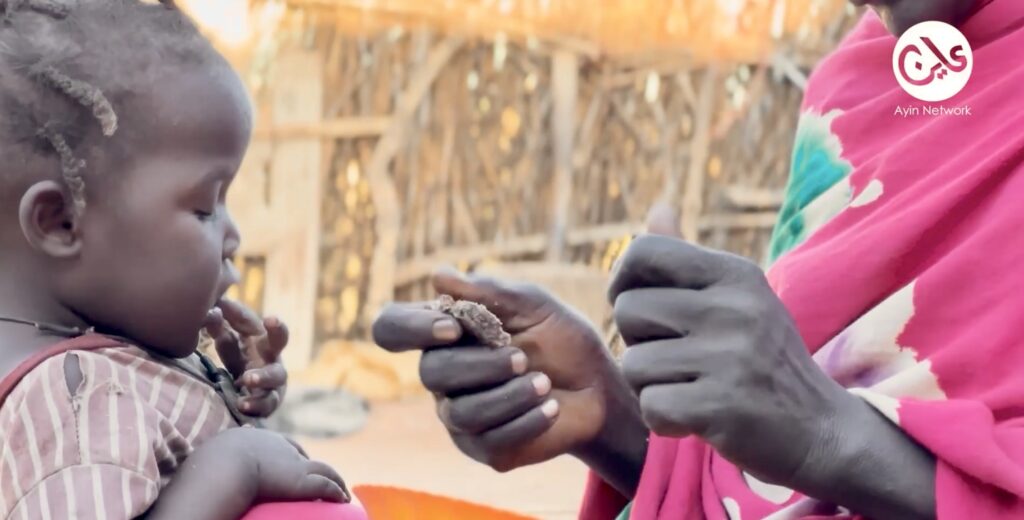 6. Confirmed famine in El Fasher and Kadugli amid mass displacement
6. Confirmed famine in El Fasher and Kadugli amid mass displacement 7.
7.